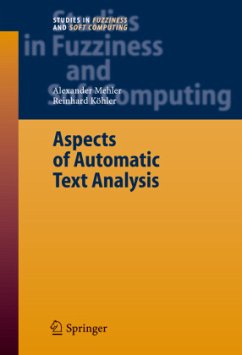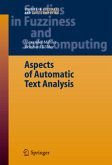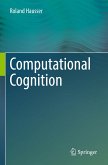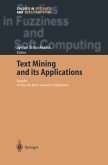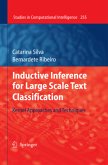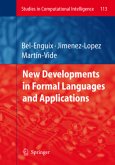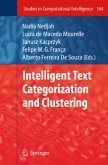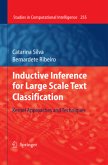The significance of natural language texts as the prime information structure for the management and dissemination of knowledge is - as the rise of the web shows - still increasing. Making relevant texts available in different contexts is of primary importance for efficient task completion in academic and industrial settings. Meeting this demand requires automatic form and content based processing of texts, which enables to reconstruct or even to explore the dynamic relationship of language system, text event and context type. The rise of new application areas, disciplines and methods (e.g. text and web mining) testify to the importance of this task. Moreover, the growing area of new media demands the further development of methods of text analysis with respect to their computational linguistic, information theoretical, and mathematical underpinning. This book contributes to this task. It collects contributions of authors from a multidisciplinary area who focus on the topic of automatic text analysis from several (i.e. linguistic, mathematical, and information theoretical) perspectives. It describes methodological as well as methodical foundations and collects approaches in the field of text and corpus linguistics. In this sense, it contributes to the computational linguistic and information theoretical grounding of automatic text analysis.
From the reviews: "The book considers recent developments in automatic text analysis, and provides an overview of linguistic modelling ... . As a scientific book from a respected publisher, it naturally is fully referenced at the end of each chapter. The book is of a decent font-size, clear black (not grey!) print, and is easy on the eyes ... . Its intended audience is students and researchers in soft computing and text analysis ... ." (Eric Jukes, Informer, Issue 27, Summer, 2008)

